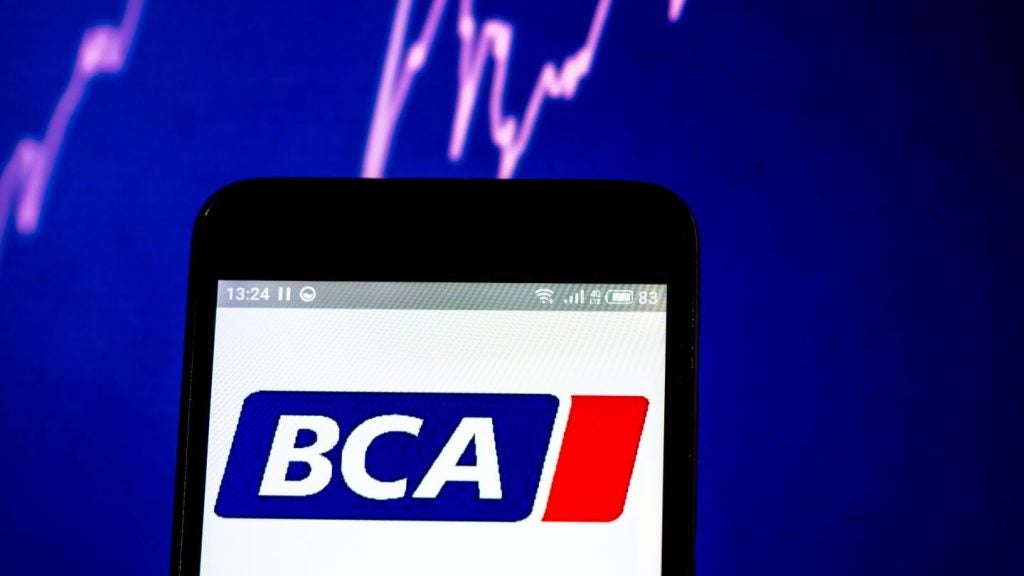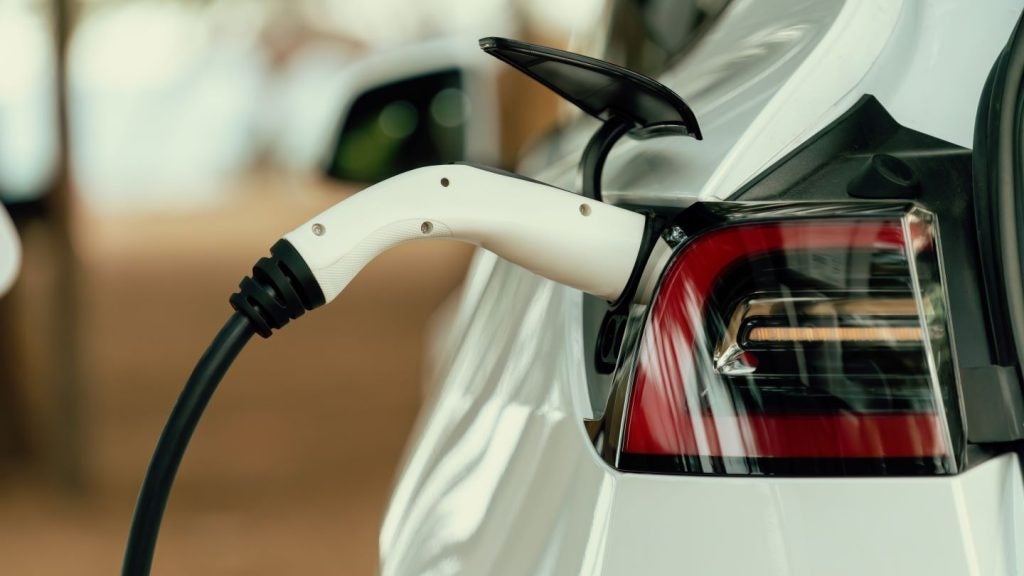The economic uncertainty arising from Brexit has impacted plans for Britons thinking of buying a car within the next three years, a Close Brothers Motor Finance survey has found.
According to the lenders’ 2018 Britain Under the Bonnet survey, 24% of prospective buyers interviewed – equivalent to 8m people – altered their plans to purchase a car because of the EU referendum’s result.
This was a higher proportion than last year, when the equivalent of 5m prospective buyers said Brexit had had an impact.
“[This] clearly suggests that consumer confidence is dropping the longer the Brexit process goes on,” the report said.
One of the trends noted in the report, which the authors tentatively attributed to the fall in consumer confidence, was a shift to more affordable vehicles. A third of 200 dealers surveyed said they noticed customers’ preference shifting to either cheaper or used cars.
One of the dealership executives interviewed in the report, City Cars Scotland director John McDonald, said: “Brexit has impacted new car sales rather than the market as a whole.
How well do you really know your competitors?
Access the most comprehensive Company Profiles on the market, powered by GlobalData. Save hours of research. Gain competitive edge.

Thank you!
Your download email will arrive shortly
Not ready to buy yet? Download a free sample
We are confident about the unique quality of our Company Profiles. However, we want you to make the most beneficial decision for your business, so we offer a free sample that you can download by submitting the below form
By GlobalData“The longer it takes to come to a decision, the longer consumers hold back on purchasing. New car stock is fierce and new cars aren’t being bought, therefore fewer people are selling off their old vehicles. So what we’re seeing is the ripple effect.”
While a quarter of dealers surveyed saw Brexit and a potential economic downturn as the main threats to business, in line with a year ago, overall dealer positivity was reportedly higher.
Close Brothers said it expected appetite for car buying to keep stable in the near future, but to increasingly shift towards the used and near-new segments.
“This is something that had been widely predicted to happen irrespective of the wider political situation,” the report said.
It added: “Many analysts have suggested over the last couple of years that the UK’s six-year ‘golden period’ of new car sales would soon hit an inflection point, and that there’d be a gradual consumer shift from new to old vehicles.
“If the decline in new car sales is expected to continue in the months ahead, it would seem only natural that many consumers would flock instead to the excess of ‘nearly-new’ used vehicles available on the market.”
Rebecca McNeil, chief executive of Close Brothers Motor Finance, added: “With many drivers now set to look at used vehicles, highlighting the fact that the current stock is in this ‘nearly new’ category help the dealer show the customer they’re getting a great deal.”







